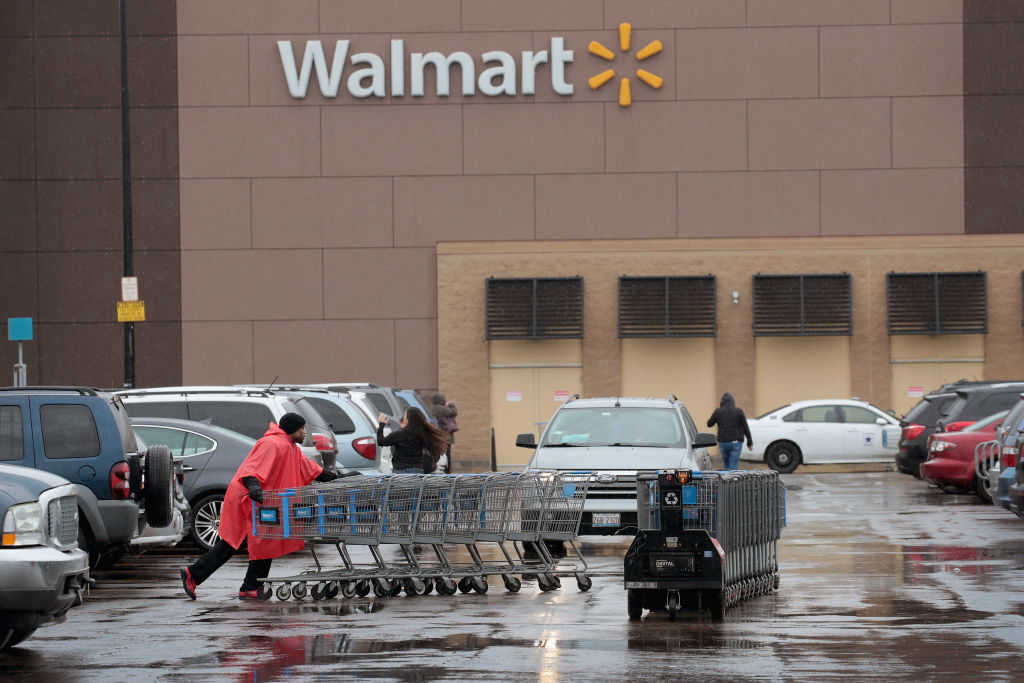Life as I knew it had gone out the window. It was November 2013, I was 35 and I’d just received a stage IV colon cancer diagnosis.
I had already spent six months dealing with my cancer diagnosis. I had undergone tests, completed oral chemo, finished radiation and had a four-in-one cancer surgery. I thought I was on the other side of the treatments but it was still too early to tell if they’d been successful in eradicating the cancer from my body.
With the holidays approaching, I was hoping for some good news.
Just a few short weeks before Thanksgiving, my wife Kelly and I headed toward the cancer center to see Dr. Patel. After reviewing my charts and labs, Dr. Patel told me he wanted me to start a six-month round of drip chemo treatments as soon as possible. The news hit me like a surprise left hook punch. I thought I was on the other side of treatments. I felt like the room was closing in on me; I struggled to breathe; my attempts to fight back the tears were useless.
In the car on the way home, Kelly and I weighed the option of possibly refusing chemotherapy or at least postponing chemo for two weeks so that we could visit our families in southern Illinois and Indiana over Thanksgiving before launching into the grueling regimen.
I was familiar with the kind of data with which Dr. Patel was working. I also knew how important emotional health and well-being were to survival odds. Kelly and I agreed that living well—enjoying the people and places that had always been life-giving—was one choice we could make for good. We agreed that I’d begin treatments the Monday after the holiday.
It felt wonderfully normal to be with our families for Thanksgiving meals, to eat familiar food, to play familiar board games, and to see my girls’ faces light up as they interacted with relatives. Kelly, the girls, and I snuggled up on the sofa in her parents’ living room and took a family picture like we had done so many times during the holidays.
My parents volunteered to watch our girls so that we could go to the movies to watch the newest Hunger Games movie, “Catching Fire.” Standing in line for the Sprite and popcorn we’d share, I was grateful that—excluding the pain I felt with every step I took and the inflatable yellow donut pillow I’d smuggled in to sit on (which is the only way I could withstand the pain from sitting for more than five minutes because of my surgery)—we felt like a normal couple again. The sweet fragrance of warm buttered popcorn wafted throughout the theater.
What could be more normal than that?
One of the central plotlines in “Catching Fire” is that heroine Katnis is trying to save Peeta’s life. While others in the theater were enraptured by the story, the drama that paralleled our lives was hitting a little too close to home. Feeling the weighty emotional sting in our bodies, exchanging only a few words, Kelly and I both agreed to leave the theater.
Though too early to go to bed, and too rural to host hip nighttime coffee shops, I remembered that a new t24-hour Super Walmart had also opened in Robinson. (Almost as exciting as the movie theater!) Kelly and I drove to it, if only to work off some of the anxiety that had forced its way into our date night. In the condiment aisle Kelly remembered we needed salad dressing at home, and we both cracked up when she picked up the largest bottle of buttermilk ranch dressing either one of us had ever seen. Realizing we’d systematically covered the first five aisles, we decided to zigzag our way through every aisle in the store.
Though for many this would qualify as the worst date night ever, it is a precious memory for me. We felt like us again. Our purposeful walking was more like the spiritual act of walking a labyrinth than simply accruing steps in a big-box store.
Together we rediscovered the sacred in the mundane.
When I was first diagnosed, I felt like my life was over. Cancer threatened to change everything my family cherished. And to be fair, it swept through our lives like a hurricane, damaging health, security, time together, and our peace of mind. But I’d also begun to notice that some of the most solid places in the storm we were weathering were many of the familiar rhythms and traditions we’d continued to practice. During the storm, these knit us together and strengthened us as a family.
Thanksgiving had served as an anchor for our family. We were surrounded by people who loved us fiercely and who were fighting alongside us. Even the mundane of Walmart had offered us holy refuge. Embracing these experiences had been like finding dry ground as the storm waters began to rise once again.
—
Dr. Jamie Aten is the founder and executive director of the Humanitarian Disaster Institute and Blanchard Chair of Humanitarian & Disaster Leadership at Wheaton College (Wheaton, IL). This article was adapted from his newest book is A Walking Disaster: What Katrina and Cancer Taught Me About Faith and Resilience (Templeton Press, forthcoming January 2019). In 2016 he received the FEMA Community Preparedness Champion award at the White House. Follow on Twitter at @drjamieaten or visit his website jamieaten.com.


